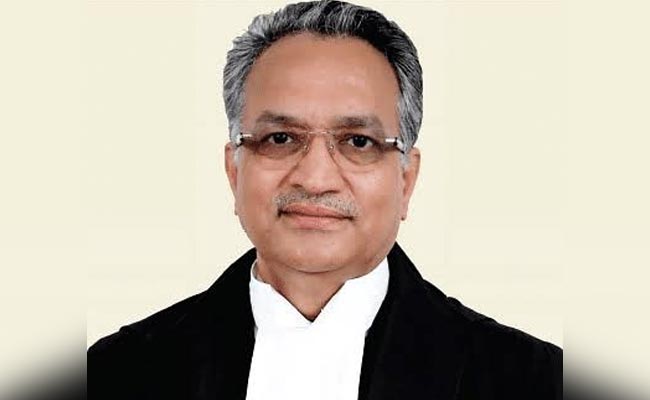
Justice Khanwilkar delivered several important judgments during his time at the Supreme Court.
New Delhi:
Former Supreme Court judge Justice AM Khanwilkar is likely to be appointed the next Lokpal of India, sources have told NDTV. The anti-corruption body has been without a full-time chairperson since May 2022.
The sources said the high-level committee comprising Prime Minister Narendra Modi, Chief Justice DY Chandrachud and the leader of the largest opposition party, Adhir Ranjan Chowdhury, approved Justice Khanwilkar’s appointment on Wednesday.
The judge, who retired on July 29, 2002, delivered several important judgments during his time at the Supreme Court. He headed the benches that upheld almost all the stringent provisions of the Prevention of Money Laundering Act (PMLA) and dismissed a petition against the clean chit given to Prime Minister Narendra Modi in the 2002 Gujarat riots.
On June 24, 2022, a bench led by Justice Khanwilkar dismissed a petition filed by activist Teesta Setalvad and Zakia Jafri, wife of Congress MP Ehsan Jafri, who was among the 68 people killed at the Gulbarg Society in Ahmedabad in 2002. The bench said the petition was “devoid of merits” and was filed “to keep the pot boiling”.
The court added that “all those involved in such abuse of process need to be in the dock”, and Ms Setalvad was arrested by the Ahmedabad Crime Branch the next day.
On July 27, 2022, two days before Justice Khanwilkar’s retirement, a bench headed by him upheld almost all the stringent provisions of the PMLA – pertaining to proceeds of crime, search and seizure, power of arrest, attachment of properties, and bail, among others – which were under challenge in the court.
The bench said Section 19 of the Act, which deals with the power to arrest, did not suffer from the “vice of arbitrariness” and upheld Section 5 of the Act, relating to the attachment of property of those involved in money laundering, as constitutionally valid.
Justice Khanwilkar also led the bench that cleared the way for the construction of the Central Vista and the new Parliament House by dismissing the petitions filed by social activists and environmentalists.




